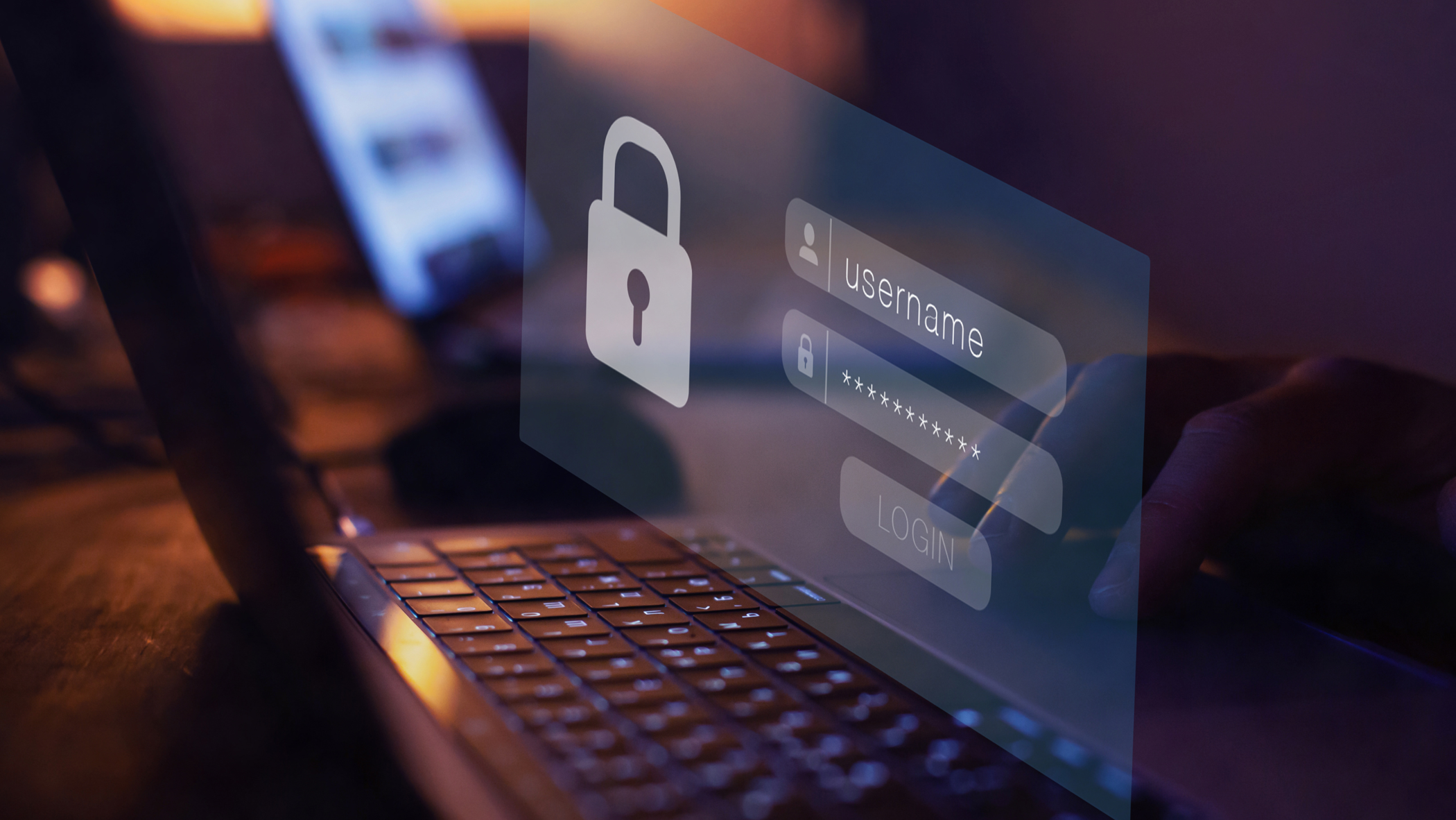
Securing the Future: Best Practices in Government Cybersecurity
In an increasingly digital world, cybersecurity has become a critical concern for government agencies. With sensitive data and essential services at risk, ensuring robust cybersecurity measures is imperative. The Australian Government, like many others, faces the dual challenge of advancing digital transformation while safeguarding against cyber threats.
At The Services Company, we are dedicated to implementing and promoting best practices in cybersecurity to protect government IT services and secure the future.
The Importance of Government Cybersecurity
Government agencies hold vast amounts of sensitive information, ranging from personal data of citizens to confidential government communications. A cyberattack on government systems can lead to severe consequences, including data breaches, service disruptions, and a loss of public trust. As cyber threats evolve in sophistication and frequency, adopting best practices in cybersecurity is essential to mitigate risks and ensure the continuity of government operations.
Best Practices in Government Cybersecurity
1. Comprehensive Risk Assessment
The first step in establishing a robust cybersecurity strategy is conducting a comprehensive risk assessment. This involves identifying critical assets, evaluating potential threats, and assessing vulnerabilities. By understanding the specific risks faced by different government departments, tailored security measures can be implemented to address these threats effectively.
2. Multi-Layered Security Approach
A multi-layered security approach ensures that multiple defence mechanisms are in place to protect government systems. This includes:
Network Security: Implementing firewalls, intrusion detection systems, and secure network architectures to protect against unauthorised access.
Endpoint Security: Ensuring that all devices connected to the network are secure, with antivirus software, encryption, and regular updates.
Application Security: Securing applications through code reviews, vulnerability testing, and the use of secure development practices.
Data Security: Protecting data at rest and in transit through encryption, access controls, and secure backup solutions.
3. Regular Security Audits and Monitoring
Continuous monitoring and regular security audits are essential to detect and respond to potential threats promptly. Security Information and Event Management (SIEM) systems can provide real-time analysis of security alerts generated by applications and network hardware. Regular audits help identify vulnerabilities and ensure compliance with security policies and regulations.
4. Employee Training and Awareness
Human error is often a significant factor in cybersecurity incidents. Regular training and awareness programs for government employees are crucial to educate them about potential threats, safe practices, and the importance of adhering to security protocols. Phishing simulations and cybersecurity drills can also help employees recognise and respond to threats effectively.
5. Incident Response Planning
Despite the best preventive measures, cyber incidents can still occur. An effective incident response plan outlines the steps to be taken in the event of a cyberattack. This includes identifying the incident, containing the threat, eradicating the cause, and recovering systems and data. Regular testing and updating of the incident response plan ensure that government agencies are prepared to handle incidents swiftly and effectively.
6. Collaboration and Information Sharing
Cyber threats often target multiple sectors and organisations simultaneously. Collaboration and information sharing among government agencies, industry partners, and cybersecurity experts can enhance the collective defence against cyber threats. Participating in threat intelligence networks and sharing best practices can help improve overall cybersecurity resilience.
The Role of The Services Company
At The Services Company, we are committed to helping Australian Government agencies implement best practices in cybersecurity. Our strategies and solutions are designed to address the unique challenges faced by the public sector and ensure the protection of critical assets and data. Here’s how:
Customised Cybersecurity Solutions
We provide customised cybersecurity solutions tailored to the specific needs of government departments. Our services include risk assessments, security audits, network security design, and the implementation of advanced security technologies.
Training and Awareness Programs
We conduct regular training sessions and awareness programs for government employees to enhance their understanding of cybersecurity risks and best practices. Our programs are designed to foster a culture of security awareness and vigilance.
Securing the future of government IT services requires a comprehensive and proactive approach to cybersecurity. By adopting best practices and leveraging the expertise of partners like The Services Company, Australian Government agencies can protect their systems, data, and the trust of the public. As cyber threats continue to evolve, staying ahead of the curve with robust cybersecurity measures is essential to ensure the integrity and resilience of government operations.
Looking to partner with a dedicated IT services provider that delivers awesome results for NSW Government departments and the citizens they serve? Reach out to us today at (02) 8346 6740 or email us at [email protected].
The Services Company - NSW Government's #1 dedicated IT services provider
We specialise in Project Services, Managed Services, Advisory Services, and Support Services. Our proven delivery capabilities range from complete projects to specialised teams within larger projects, as well as providing single, niche resources. SCM0020, SCM0005, LGP ICT products and Services.